As the new school year approaches, it’s crucial for parents to have meaningful discussions with their children about substance use. These conversations can help equip kids with the knowledge and confidence to make safe and informed choices. This guide offers practical tips on how to talk to your kids about substance use before they head to school.
Start Early and Be Honest
Age-Appropriate Conversations: Tailor the discussion to your child’s age and level of understanding. Younger children might need simple explanations, while older kids can handle more detailed information. For instance, with young children, you might explain that some substances can make people very sick, while with teenagers, you can discuss the specifics of how certain drugs affect the brain and body.
Honesty is Key: Be truthful about the risks and consequences of substance use without resorting to scare tactics. Kids appreciate honesty, and it helps build trust. Explain that while some substances might make people feel good temporarily, they can have serious negative effects on health and well-being. Emphasize that you’re sharing this information because you care about their safety and happiness.
Use Real-Life Examples: Share age-appropriate stories or examples to illustrate your points. These could be news stories, personal anecdotes, or hypothetical situations that help make the risks and consequences more relatable. Real-life examples can make the conversation more engaging and memorable.
Create an Open Dialogue
Encourage Questions: Make sure your child feels comfortable asking questions and expressing their thoughts. Let them know that no question is too small or silly. This openness can help them feel more at ease when discussing sensitive topics.
Listen Actively: Show that you value their opinions by listening attentively and responding thoughtfully. Active listening involves nodding, making eye contact, and repeating back what they’ve said to show understanding. This validates their feelings and shows that you respect their perspective.
Avoid Judgment: Create a safe space where your child can speak openly without fear of criticism or punishment. Avoid reacting with anger or disappointment if they share something alarming. Instead, focus on understanding their viewpoint and providing guidance.
Discuss Peer Pressure
Recognize Peer Influence: Acknowledge the power of peer pressure and discuss ways to handle it. Explain that it’s natural to want to fit in with friends, but making safe and healthy choices is more important.
Role-Playing Scenarios: Practice different situations where they might be offered substances and rehearse responses. Role-playing can be a fun and effective way to prepare them for real-life scenarios. For example, you could play the role of a peer offering a substance, and they can practice saying no.
Empowerment: Encourage your child to make their own decisions and stand firm in their choices. Remind them that it’s okay to walk away from situations that make them uncomfortable and that true friends will respect their decisions.
Educate on Risks and Consequences
Short-Term and Long-Term Effects: Explain the immediate and long-term health effects of substance use. For example, you can discuss how certain drugs can impair judgment, leading to accidents, or how long-term use can cause serious health issues like addiction or organ damage.
Legal and Academic Consequences: Discuss the potential legal and academic repercussions. Explain how substance misuse can lead to trouble with the law, school suspensions, or expulsions, which can impact their future opportunities.
Mental Health Impact: Highlight how substance use can affect mental health and emotional well-being. Discuss how substances can worsen anxiety, depression, and other mental health conditions, and how they can interfere with their ability to cope with life’s challenges.
Promote Healthy Coping Mechanisms
Stress Management: Teach healthy ways to manage stress, such as physical activity, hobbies, and relaxation techniques. Encourage them to find activities they enjoy and can turn to when they feel stressed or overwhelmed.
Building Resilience: Help your child develop resilience and problem-solving skills to cope with challenges. This can include setting goals, practicing problem-solving techniques, and developing a positive mindset.
Positive Role Models: Encourage relationships with positive role models who demonstrate healthy behaviors. Whether it’s a coach, teacher, family member, or family friend, having someone to look up to can provide valuable guidance and support.
Stay Involved and Supportive
Ongoing Conversations: Keep the dialogue going throughout the school year and beyond. Regularly check in with your child about their experiences and feelings. This ongoing communication helps reinforce the messages you’ve shared and keeps the lines of communication open.
Stay Informed: Stay updated on current trends and substances that may be relevant to your child’s environment. Knowing what’s out there can help you provide accurate and relevant information.
Support Networks: Foster a supportive network of family, friends, and school resources. Let your child know that there are many people they can turn to for help and support, including you, teachers, counselors, and other trusted adults.
Conclusion
Talking to your kids about substance use is an ongoing process that requires honesty, openness, and support. By preparing your children before they head to school, you can help them make safe and informed choices, ultimately contributing to their well-being and success. Remember, the goal is to equip them with the knowledge and confidence they need to navigate life’s challenges safely and healthily.







